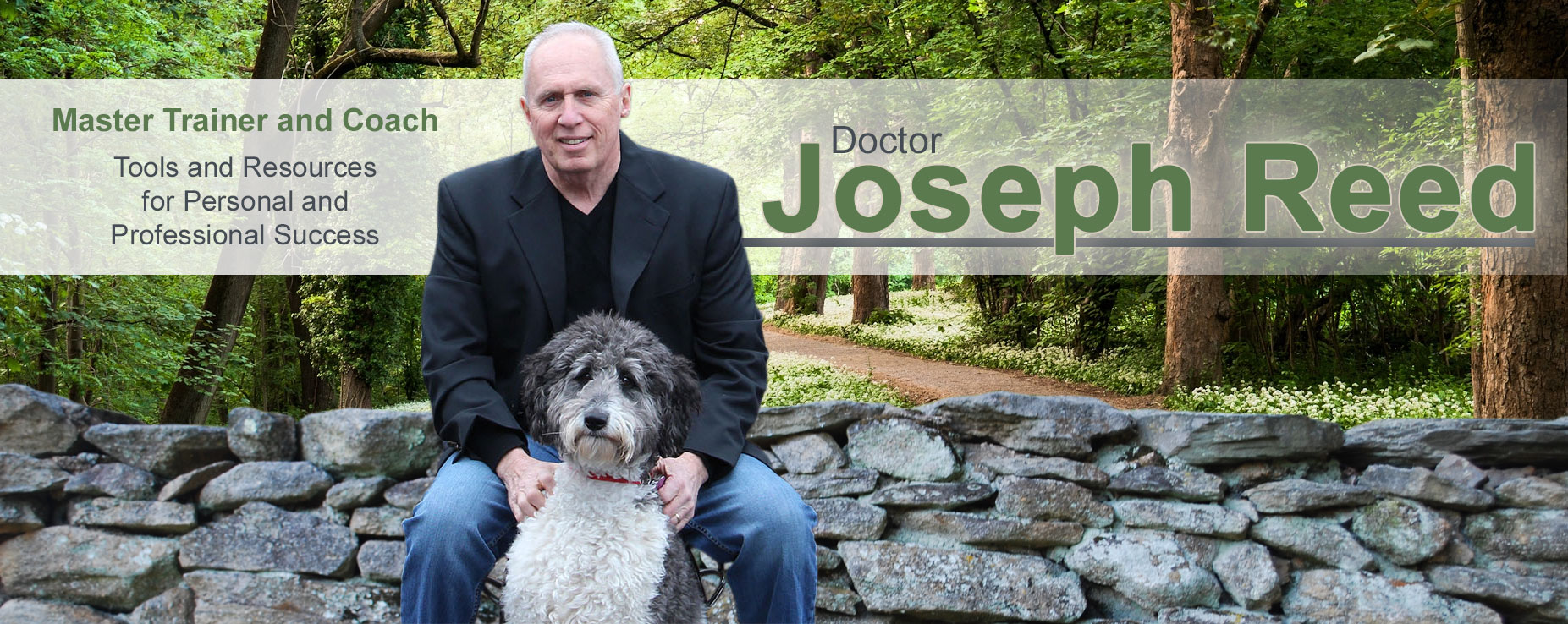Steve Jobs once said, “People think focus means saying yes to the thing you’ve got to focus on. But that’s not what it means at all. It means saying no to the hundred other good ideas that there are. You have to pick carefully.” Like him or not, the man knew where his priorities were and was able to devote his energy and attention into making his aspirations a reality. Isn’t that 80% of the battle? Knowing what’s important to you, personally, and then focusing your effort there and not being diverted.
I’ve been spending a bit of my time the last few years helping people to identify who they aspire to be in their lives, so that they can focus their energy and effort on the things that really matter to them. The process usually involves helping them to identify their key stakeholders and to operationalize exactly what it is they want their lives to be – how they aspire to live out their hopes and dreams and values.
A common issue I’ve heard from many of the people I’ve worked with is just how challenging it can be to stay focused when other people – colleagues, friends, family – attempt to involve you in their issues.











